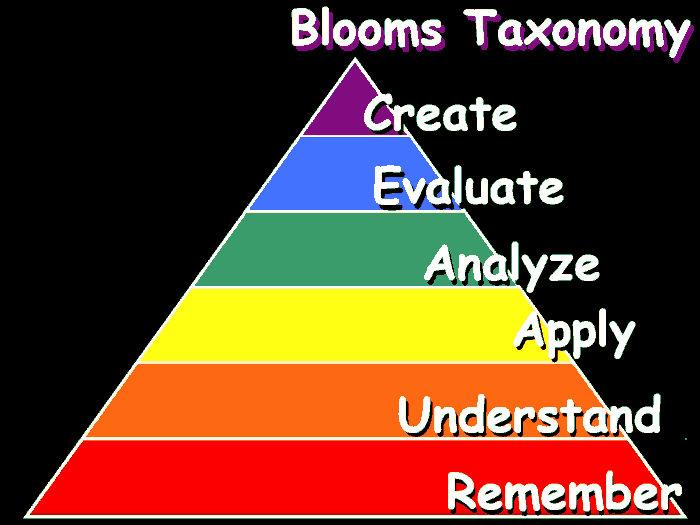| |
|
|
|
1 event, Friday, 1 August
1
1 event, Friday, 1 August
1
|
No events, Saturday, 2 August
2
No events, Saturday, 2 August
2
|
No events, Sunday, 3 August
3
No events, Sunday, 3 August
3
|
|
No events, Monday, 4 August
4
No events, Monday, 4 August
4
|
No events, Tuesday, 5 August
5
No events, Tuesday, 5 August
5
|
No events, Wednesday, 6 August
6
No events, Wednesday, 6 August
6
|
No events, Thursday, 7 August
7
No events, Thursday, 7 August
7
|
No events, Friday, 8 August
8
No events, Friday, 8 August
8
|
No events, Saturday, 9 August
9
No events, Saturday, 9 August
9
|
No events, Sunday, 10 August
10
No events, Sunday, 10 August
10
|
1 event, Monday, 11 August
11
1 event, Monday, 11 August
11
|
1 event, Tuesday, 12 August
12
1 event, Tuesday, 12 August
12
|
No events, Wednesday, 13 August
13
No events, Wednesday, 13 August
13
|
No events, Thursday, 14 August
14
No events, Thursday, 14 August
14
|
No events, Friday, 15 August
15
No events, Friday, 15 August
15
|
No events, Saturday, 16 August
16
No events, Saturday, 16 August
16
|
No events, Sunday, 17 August
17
No events, Sunday, 17 August
17
|
1 event, Monday, 18 August
18
1 event, Monday, 18 August
18
|
1 event, Tuesday, 19 August
19
1 event, Tuesday, 19 August
19
|
1 event, Wednesday, 20 August
20
1 event, Wednesday, 20 August
20
|
1 event, Thursday, 21 August
21
1 event, Thursday, 21 August
21
|
2 events, Friday, 22 August
22
Presentations Prac
EP Family Night
2 events, Friday, 22 August
22
|
1 event, Saturday, 23 August
23
1 event, Saturday, 23 August
23
|
1 event, Sunday, 24 August
24
1 event, Sunday, 24 August
24
|
1 event, Monday, 25 August
25
1 event, Monday, 25 August
25
|
1 event, Tuesday, 26 August
26
1 event, Tuesday, 26 August
26
|
1 event, Wednesday, 27 August
27
1 event, Wednesday, 27 August
27
|
1 event, Thursday, 28 August
28
1 event, Thursday, 28 August
28
|
1 event, Friday, 29 August
29
1 event, Friday, 29 August
29
|
2 events, Saturday, 30 August
30
School 96th Birthday
Create Exams
2 events, Saturday, 30 August
30
|
1 event, Sunday, 31 August
31
1 event, Sunday, 31 August
31
|
